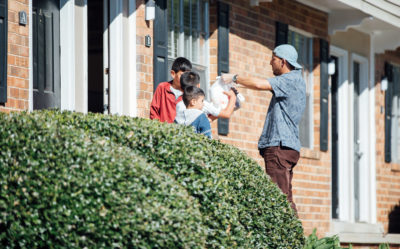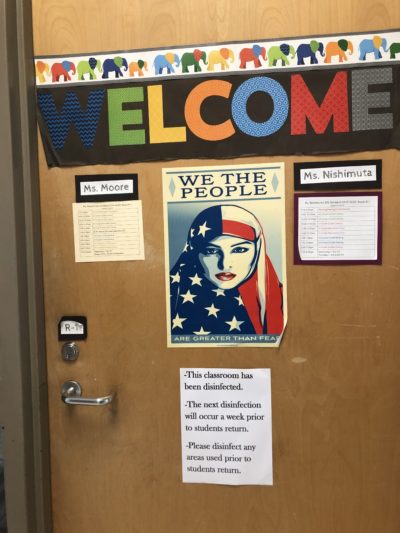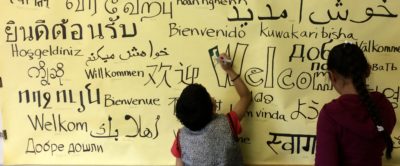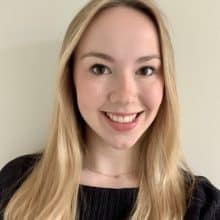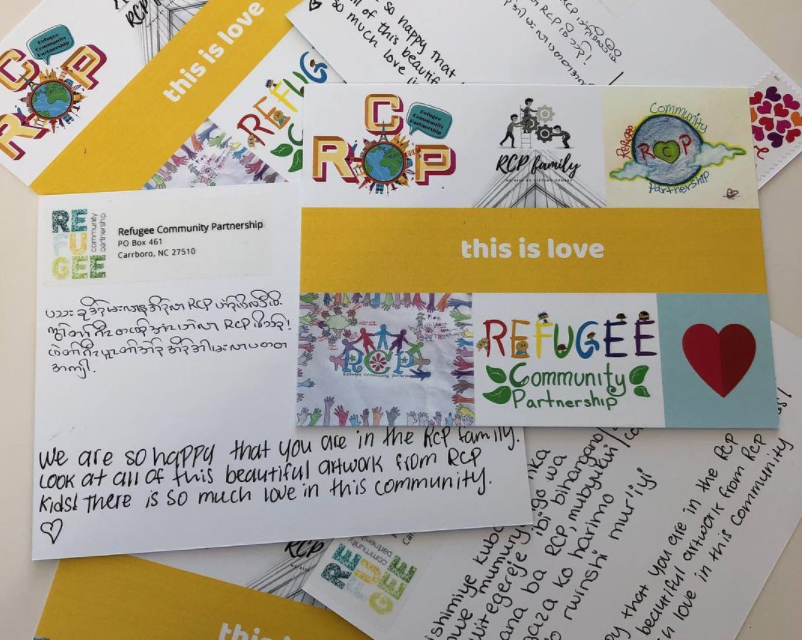
Reporter’s note: I believe having empathy is important every day, but especially now more than ever. I wanted to share these stories I encountered during my reporting on refugee education because, in Haleema’s words, “It’s good if they knew how we suffer or how we feel, or how we see, or how we observe the environment or the situation that happens to us.”
This piece is a part of a series covering refugee education in North Carolina. Read the other stories in the series here.
Haleema’s story
Haleema Begum is originally from the Pakistani border city of Quetta, but she’s lived in four different countries since she was born.
“I’m Shi’a and I’m Hazara,” Begum said. “That was the reason that we left our country — because we were not safe.”
Shi’a Hazaras are a group that face “deadly extremist violence” and “societal discrimination, hate crimes, and periodic bombings” in Afghanistan and Pakistan, according to the Peoples under Threat 2020 report from the Minority Rights Group International and Ceasefire Centre for Civilian Rights.
Begum left Pakistan for China and then moved to Malaysia, where she registered with the refugee agency of the United Nations, the United Nations High Commissioner for Refugees (UNHCR).
“It took us five years to come to the United States,” Begum said. “It really depends on the UNHCR to choose a country for refugee people.”
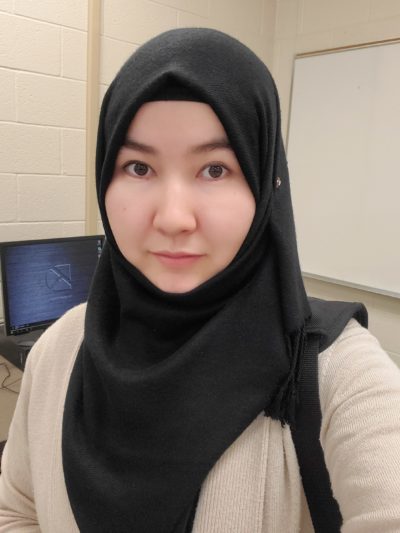
Her case was finally accepted by the United States and she arrived in March 2018. Now 26 and a student at Durham Technical Community College, she’s studying computer science with the goal of transferring to NC State University next year.
One day, she’d like to work in software development.
“Everyone is friendly at Durham Tech,” Begum said. “I’m happy. I’m happy to be here.”
Begum has had a positive experience in the United States, but she said one issue she’s noticed is the lack of equivalent opportunities for refugees.
“If a refugee has a master’s degree, but still, if they cannot speak good English, then they will work at restaurants,” Begum said.
This limits refugees’ ability to do what they’re passionate about, Begum said.
She said this is why it’s important for people who don’t know any refugees to listen to their stories.
“It’s good if they knew how we suffer or how we feel, or how we see, or how we observe the environment or the situation that happens to us,” she said.
Rose’s story
Rose Nuam is a 21-year-old refugee from Myanmar, also known as Burma, a country that has been entrenched in conflict for decades.
“Living in Burma is very difficult,” Nuam said. “With no education, there’s no hope for us.”
The Myanmar government, Nuam said, is “very oppressive.”
“They don’t care about us,” she said. “The people in high positions are all related to each other. You don’t get a job if you don’t know anyone.”
While she was able to attend school in Burma, it wasn’t easy, she said.
“Even if I get to go to school and learn things, it was a blessing, but I was almost starving every single day,” Nuam said.
She came to North Carolina when she was 14 and enrolled at East Chapel Hill High School. Chapel Hill has a large community of refugees from Myanmar, she said.
“I liked it so much — free lunch, free breakfast, free bus,” Nuam said.
Having a community of other ESL students at school made her transition much easier.
“I was very happy, actually. My life has changed a lot,” Nuam said. “We felt like we were in heaven.”
She started volunteering for the Refugee Community Partnership as an interpreter in Carrboro as part of her service learning requirements in high school. The partnership provides opportunities, resources, and relationships for refugees in the Piedmont.
After graduating from high school, she was accepted to UNC-Greensboro, but she didn’t want to take on student debt or be so far away from her family.
Nuam decided to attend Durham Technical Community College. Then, she transferred to UNC-Chapel Hill through the Carolina Student Transfer Excellence Program, or C-STEP, which allows community college students to transfer to and then graduate from UNC.
Nuam was able to continue her work with the Partnership through the work-study program at UNC. It inspired her to switch her major from math to sociology, she said, and one day, she’d like to be a social worker to help people like her.
“I like it because of RCP. We help a lot of families with everything. I’m so happy — I love that job,” she said.
Recommended reading
